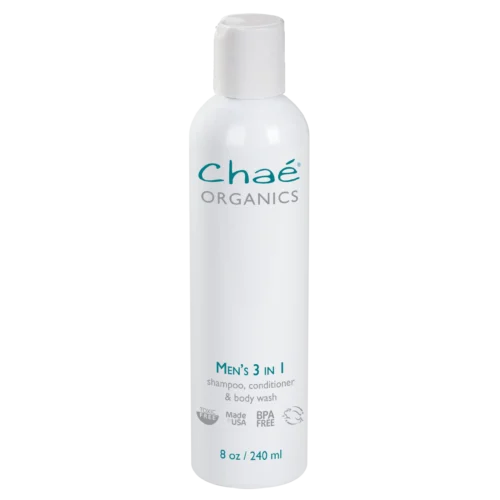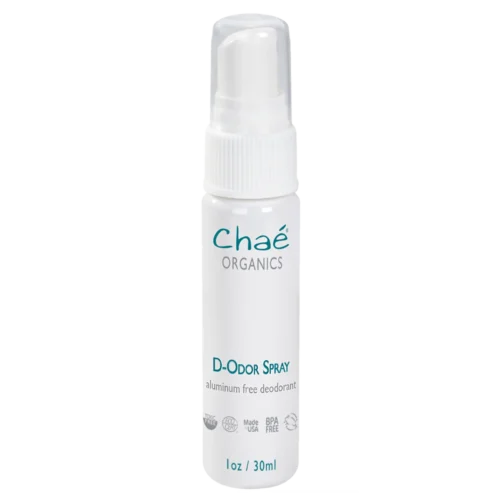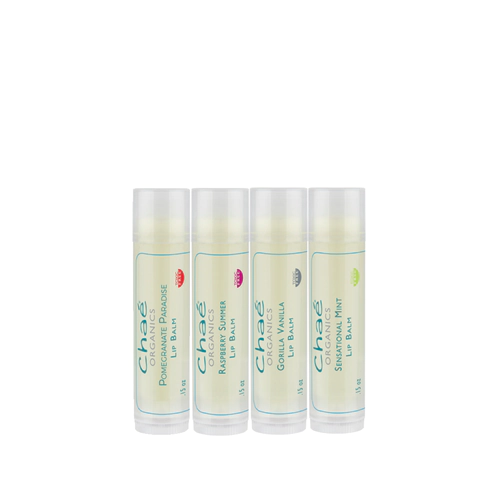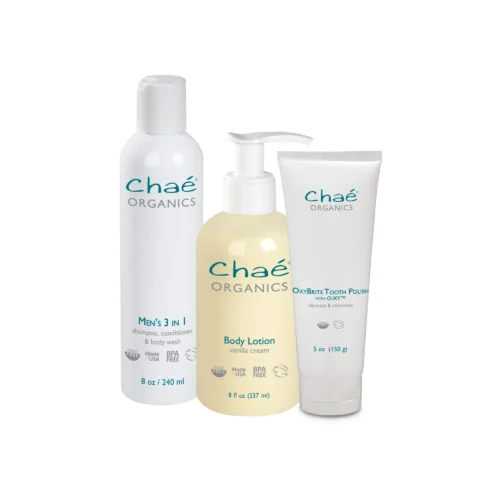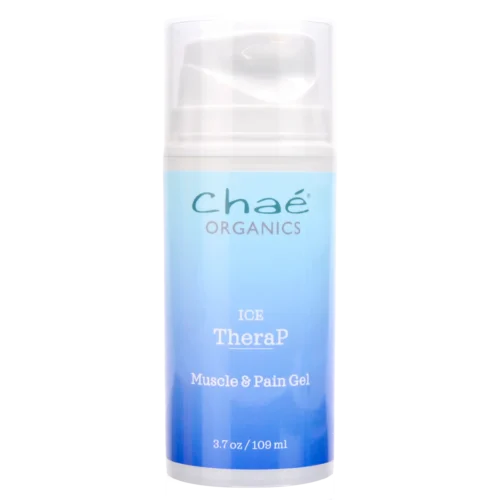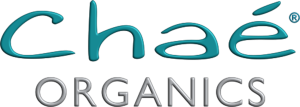Understanding “Organic” and “Natural”: A Comprehensive Guide
The terms "organic" and "natural" have taken the world by storm, especially in industries related to health, beauty, and food. However, there is a significant amount of confusion surrounding these buzzwords. In this guide, we'll dissect both terms, clarify their definitions, and help you make informed decisions as a consumer. Plus, stay tuned for our Q&A section where we address the most commonly asked questions.
What Does "Organic" Really Mean?
"Organic" is a label that usually signifies a stricter set of guidelines compared to "natural." Here's what you need to know:
- Regulated Definition: In many countries, the term "organic" is regulated by governmental bodies. For instance, in the U.S., the USDA National Organic Program (NOP) sets the standards for organic agriculture.
- Pesticide-Free (Mostly): Organic farming often avoids the use of synthetic pesticides, herbicides, and fertilizers. However, it's a misconception that organic means pesticide-free. Organic farmers can use naturally derived pesticides.
- GMOs: Organic products, especially food, are typically GMO-free. GMO stands for genetically modified organisms, which are not allowed under most organic certifications.
- Holistic Approaches: Organic farming often emphasizes sustainable practices, soil health, and biodiversity.
Decoding "Natural"
Contrastingly, "natural" is a term that can be a bit elusive:
- Lack of Regulation: Unlike "organic," "natural" doesn't have a universal regulatory definition. This means its interpretation varies, especially in the food industry.
- Broad Spectrum: Generally, "natural" implies that the product is minimally processed and free from synthetic additives. However, this is not always the case.
- Misuse: Due to its vagueness, the term "natural" can be exploited for marketing, leading to greenwashing. Consumers may be misled into thinking a product is healthier or more environmentally friendly than it actually is.

Q&A: Diving Deeper into "Organic" and "Natural"
Q: Why are organic products often more expensive? A: Organic farming practices can be more labor-intensive and yield smaller crops. Additionally, the certification process can be costly. These factors often result in higher prices for organic goods.
Q: Are natural products always better for the environment? A: Not necessarily. While "natural" might imply eco-friendly, without specific standards or certifications, there's no guarantee. Some natural products might still have a significant environmental footprint due to their sourcing or production methods.
Q: Can a product be both organic and natural? A: Yes, a product can be both. However, remember that "organic" has specific criteria, while "natural" is more ambiguous. Always check for certifications and read labels carefully.
Q: Are organic products always healthier? A: While organic products reduce exposure to certain synthetic pesticides and GMOs, it doesn't automatically make them nutritionally superior. Nutrient content often depends more on the soil, growing conditions, and harvesting methods.
Q: How can I ensure that a "natural" product is genuinely minimally processed? A: Look for transparent brands that detail their production processes. Third-party certifications or seals can also provide assurance.
Tips for Consumers
- Educate Yourself: Know the regulations and standards in your country for "organic" labeling.
- Check Certifications: Trustworthy certifications can provide clarity. For food, look for USDA Organic, EU Organic, or similar labels. For beauty products, consider COSMOS or EcoCert.
- Avoid Greenwashing: Be wary of products that heavily market themselves as "green" or "eco-friendly" based solely on being "natural." Do your research.
- Local & Seasonal: Buying local and seasonal, whether organic or not, can often be more sustainable and beneficial for the community.
- Read Reviews: Other consumers' experiences can provide insights into product authenticity and brand transparency.

Making Sense of It All
In a world overwhelmed by marketing jargon, understanding terms like "organic" and "natural" is crucial for making informed decisions. Remember, while certifications and labels can guide you, your best tool is knowledge. Stay curious, ask questions, and prioritize what aligns with your values and health goals.
By focusing on transparency, sustainability, and evidence-based information, we can navigate the marketplace effectively. Remember to share this guide with friends and family, so they too can demystify the world of "organic" and "natural" products.
Keywords: Organic, Natural, USDA Organic, EcoCert, Greenwashing, Sustainability, Health, GMO-free, Pesticide-Free, Holistic Farming, Consumer Guide, Product Labels.
